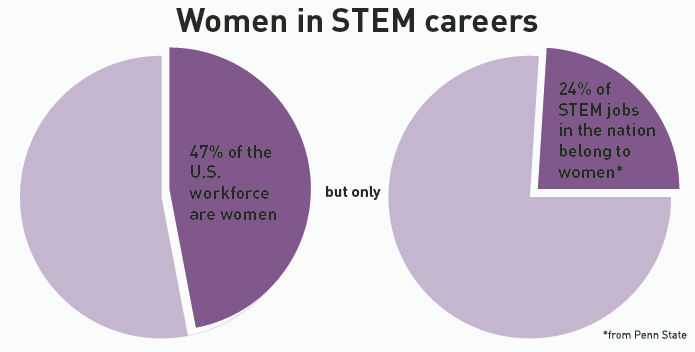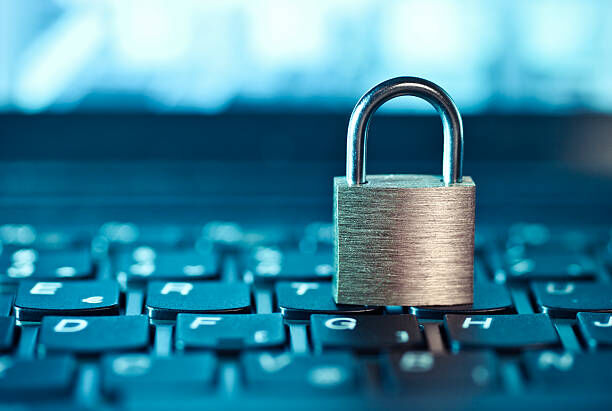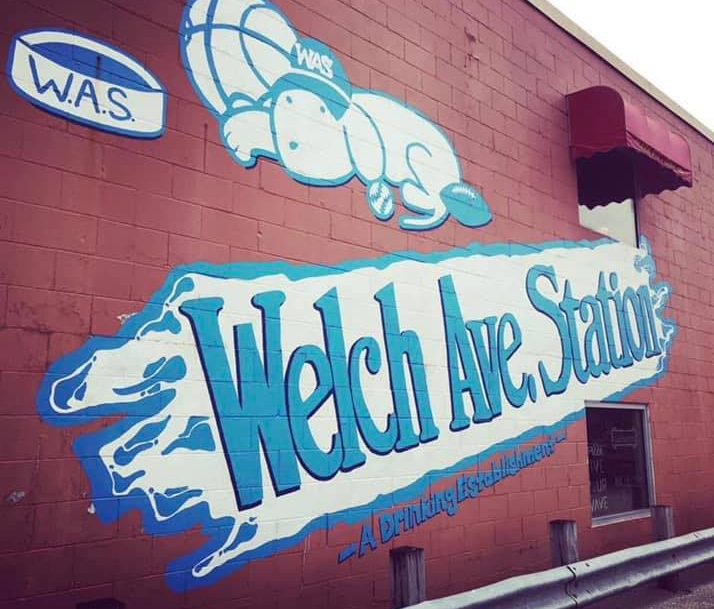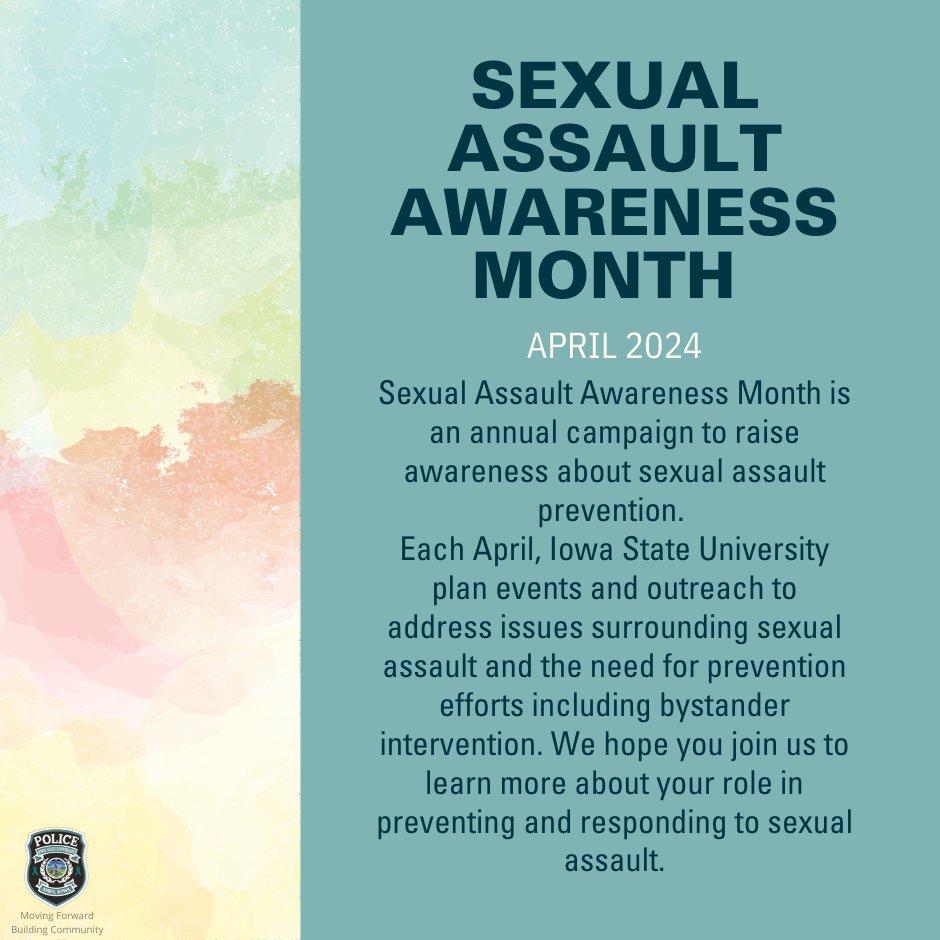Ellingson: Welfare guidelines need reform
April 24, 2013
Welfare checks can be beneficial and helpful to many, but it is becoming more about who wants the money rather than who needs it, and hard-working Americans are paying for it — literally. Welfare programs are primarily funded by those who work and pay taxes.
The U.S. Welfare System originated in the 1930s during the Great Depression to help people who made little to no money, and over the years it has turned from federally funded assistance in times of need to something people feel like they’re simply entitled to whenever they feel like their bank accounts could use a slight padding. This isn’t true about every family or individual, because some people who are on welfare genuinely need the money and are trying to find jobs, but more and more people are using welfare programs now as a way to make a quick buck.
The overall idea of the program is great: Help your fellow Americans who are in need of some financial support to get back on their feet until they can provide for themselves. As a whole, we should stand by each other and help one another out, especially during times of economic crisis. But it is no longer the Great Depression, when approximately one-fourth of the labor force faced unemployment in the United States. The economy might not be fantastic right now, but that doesn’t mean you can’t find a job, and it shouldn’t be an excuse to stop looking.
The main types of welfare include programs to assist with food, medicine, and child care and support. Two kinds of welfare that you might hear more often are food stamps and the women, infants and children program (WIC), and they can be great for those who need them because they allow people to buy things like milk, bread and other nutritious foods.
There are requirements that vary with each program that you must meet before you can be accepted into a welfare program; albeit, they are not very hard to meet these days. The amount of money received from the food stamp program depends on your income and various deductions. I once knew a person on food stamps, and she received approximately $200 per month — which is way more than a college student needs. Her fridge was always stocked with ice cream and junk food. My usual grocery bill per month is probably $50, give or take, and I get by just fine because I’ve learned to budget the money I have.
Interestingly enough, you can also use food stamps to buy soft drinks, candy, cookies, ice cream, cake, seafood, steak and even energy drinks. I fail to see the government’s logic behind that, especially considering the fact that I can’t even justify spending my own money on any of those expensive food items — yet I’m supposed to assist those who are unemployed or underemployed in eating an extravagant meal or buying drinks that will most likely end up as a mixer in an alcoholic cocktail?
There are general rules that prohibit certain items though, such as alcoholic beverages, food that can be consumed in the store, tobacco products, hot foods, vitamins, medicines, nonfood items and live animals. Energy drinks are only eligible if they have a nutritional facts label, not just a supplement facts label. But these aren’t specific enough to exclude the mass amounts of junk food that people buy.
The requirements for eligible food are somewhat loose, and people living off government financial support should be more limited on what they can buy with it. Junk foods like candy bars and ice cream, for instance, are not healthy or necessary for a person’s body — so why should people be allowed to buy it when they’re on food stamps? Why should the working class be forced to pay for this?
Some might argue that a person’s diet is their own decision to make and it’s in violation of a person’s freedoms to restrict that, but I feel that if you’re living off the money that other people have earned you should be using that money for necessities only. Milk, bread, fruit, vegetables, baby formula, and other food and beverage products that promote healthy living and growth are perfectly fine. But if people are allowed to use that money to buy Red Bull and lobster, then something just doesn’t add up.
My suggestion is that the eligible food and beverage list should be amended to not include anything that is not a part of the necessary and basic food groups that a body needs. Soft drinks, cake, ice cream, candy bars, and other things that are high in sugar and low in anything good for you should simply not be allowed to be purchased. There is no need for it and it’s a waste of money.
If you’re considering going on welfare, just make sure you actually need it. And if you’re on food stamps, then use that money wisely. There are many who do need it to survive temporarily in order to feed their families or themselves, and taking advantage of that charity when you can get by on your own affects everyone else in the country indirectly, since we all either pay into it or receive it.
Caitlin Ellingson is a senior in journalism and mass communication and environmental studies from Milo, Iowa.
















